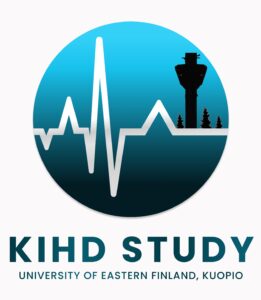Collaborate with Us
International Collaborators
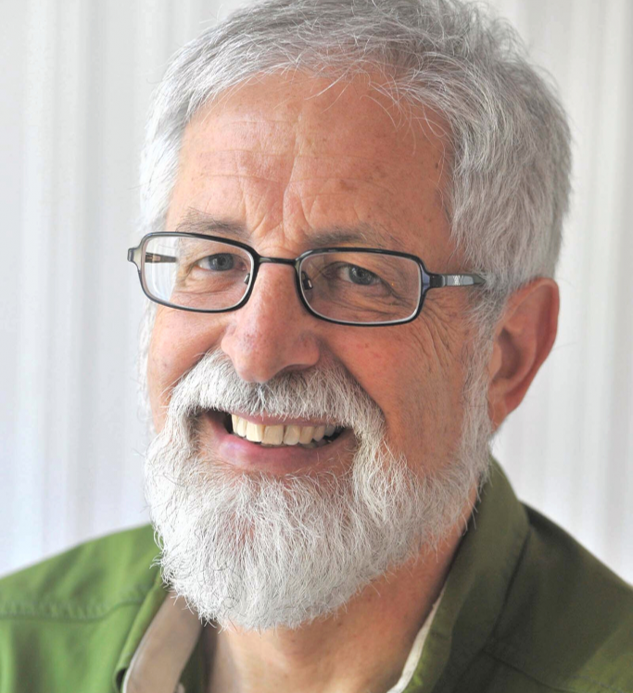
Thomas Francis Collegiate Professor Emeritus of Public Health
Professor Emeritus, Epidemiology
Founder, Center for Social Epidemiology and Population Health (CSEPH)
School of Public Health, University of Michigan, USA

Professor of Epidemiology and Public Health
University of Adelaide, Australia
Visiting Professor of Epidemiology in Population Health Sciences
University of Bristol.
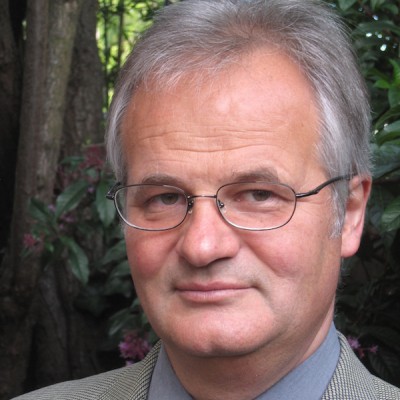
[email protected]
Director of the NIOSH Southern California Education and Research Center
Professor in Environmental Health Sciences
UCLA (University of California, Los Angeles)
Cooperation in International Consortia
Over past years, the KIHD has been involved in researcher collaboration with numerous international consortiums, including the following:
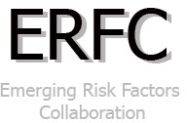
The Emerging Risk Factors Collaboration (ERFC) is a global consortium led by the Cardiovascular Epidemiology Unit (CEU) at the University of Cambridge, bringing together data from over 130 prospective studies across 30+ countries. With a combined dataset of approximately 2.5 million participants, the ERFC conducts in-depth individual-participant data (IPD) meta-analyses to study risk factors for cardiovascular diseases and cause-specific mortality. Key risk factors examined include circulating lipid markers, inflammatory markers, glycaemia markers, adiposity markers, diabetes, and cardiometabolic multimorbidity.
More information: https://www.phpc.cam.ac.uk/ceu/erfc/
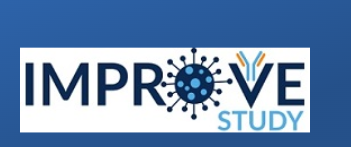
The IMPROVE study is a multi-centre randomized controlled trial investigating whether pausing Bruton Tyrosine Kinase (BTK) inhibitor therapy during SARS-CoV-2 vaccination improves immune responses in Chronic Lymphocytic Leukaemia (CLL) patients. CLL is the most common adult leukaemia in the UK, affecting around 31,900 people, primarily those over 60 years old. The study aims to enhance vaccine effectiveness in this vulnerable group
More information: https://improve.octru.ox.ac.uk/

The NCD Risk Factor Collaboration (NCD-RisC) is a global network of health scientists providing high-quality data on non-communicable disease (NCD) risk factors across 200 countries. Coordinated by the WHO Collaborating Centre at Imperial College London, led by Professor Majid Ezzati, it pools data from 3,300+ surveys with nearly 200 million participants since 1957. NCD-RisC works closely with the WHO and is funded by organizations like the Wellcome Trust, MRC, EU, and CDC, supporting advanced statistical analyses to track and understand NCD risk factors worldwide.
More information: https://www.ncdrisc.org/

PROG-IMT (Individual Progression of Carotid Intima Media Thickness as a Surrogate for Vascular Risk) is a research project aimed at evaluating carotid intima-media thickness (IMT) progression as a reliable marker for vascular risk. Through a three-step meta-analysis using individual participant data, the study investigates whether IMT progression predicts cardiovascular events such as heart attacks, strokes, or death, both in general populations and disease cohorts, and whether changes in IMT due to treatment reflect actual clinical benefits.
More information: https://www.em-consulte.com/article/314412/individual-progression-of-carotid-intima-media-thi

Proof-ATHERO (Prospective Studies of Atherosclerosis)
The Prospective Studies of Atherosclerosis (Proof-ATHERO) consortium is an international consortium that brings together individual-participant data from prospective cohorts with detailed information on atherosclerosis, covariates, and incidence of CVD outcomes.
More information: https://bit.ly/3XurDop

Active@Work is an EU-funded project aimed at improving the quality of life for elderly workers in the service sector. With rising retirement ages, the project recognizes the value of senior employees’ experience and knowledge while addressing challenges in keeping them active and efficient without health risks. It seeks to debunk myths about aging and learning, leveraging innovative technologies to support skill development and workplace adaptation. A consortium of seven partners collaborates to create solutions that enable elderly employees to stay engaged and transfer their expertise to younger workers.
More information: https://cordis.europa.eu/article/id/124216-activework-a-project-funded-by-the-european-commission-which-aims-to-improve-life-quality-of-/en
